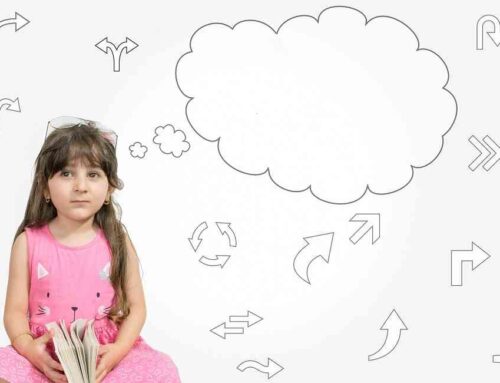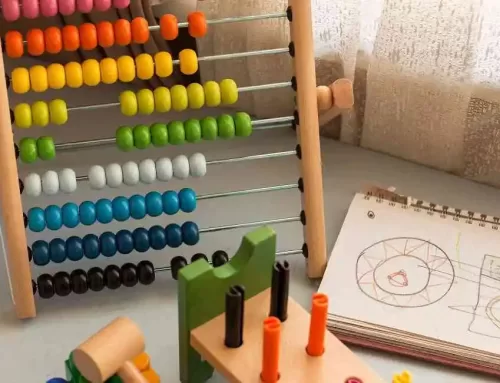A Kid Learns to Read Then Reads to Learn

It’s simple, reading is a critical component of daily life. From understanding food ingredients and managing bills to crafting a detailed board presentation, reading is a key factor of success. Early reading to young children sets a foundation for future academic excellence:
- Phonemic Awareness: hear and identify individual sounds
- Phonics: connect letters of written language with spoken language
- Vocabulary: develop and strengthen communication skills
- Comprehension: understand the meaning of written and spoken language
Reading Lays the Foundation for Academic Development
- Increased brain activity and development
- Become aware of sounds and words
- Enhance imagination and creativity
- Connect words to written language
- Improve comprehension of ideas
- Learn storytelling: beginning, middle, end
- Build vocabulary
- Develop an understanding of the world
- Boost ability to predict outcomes
- Promote visualization
- Develop critical thinking
- Connect prior knowledge to current events
Kids Who Read Expand Their Levels of Intelligence
General cognitive intelligence can be grouped into fluid intelligence and crystallized intelligence, concepts introduced by influential psychologist Raymond Cattell. The third critical leg of this stool is emotional intelligence.
Fluid Intelligence
Crystallized Intelligence
Emotional Intelligence
ADDITIONAL INFORMATION
These quick summaries of hand-picked articles help parents stay informed to raise happy, successful kids.
Importance of Reading
Imagination and Cultural Understanding
Reading is important because children learn the difference between real and imaginary. Further, books provide a means for kids to learn more about their own culture as well as cultures around the world. As a result, kids develop empathy and social skills.
Raising Children Network
How Reading Changes the Brain
Sustained Increase in Brain Connectivity
Reading strong literary narrative increases connectivity in brain areas that involve language, physical sensation and movement both during reading and for the days that follow.
Emory University
Brain Development
Brain nerve fibers are active when children are reading. White-matter pathways, which help the brain learn and function, are involved. These pathways connect and link the brain’s language centers to visual information. Higher level readers develop strong signals throughout the white-matter nerve fibers. Importantly, intervention and support can strengthen the child’s ability to read and comprehend.
Harvard Medical School, publication archives 2016
Educational Performance
Reading Accelerates Vocabulary Growth
Reading for pleasure makes a difference in educational performance. Learning to read is about listening, understanding and working out a range of printed words. Elementary school students who are above average readers experience a higher rate of vocabulary growth than average readers. Moreover, this difference in vocabulary growth rate accumulates over time, increasing the effect between strong and average readers.
American Speech-Language-Hearing Association
Pleasure Reading Improves Academic Performance
Pleasure reading hones and crystallizes skills learned in the classroom. Readers who self-select literature perform better in English, Mathematics, Science and History. Students develop critical thinking reading comprehension skills.
Journal of Multidisciplinary Graduate Research, C. Whitten
Parents Can Help
Stay Active and Involved
Parents help by reading aloud to their children and making books readily available at home, on drives, and on vacation. Time spent reading significantly enhances brain development compared with time in front of a digital device. Homes with a nurturing reading environment can stimulate brain development in young children.
Pearson








Leave A Comment